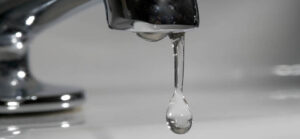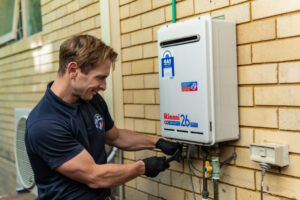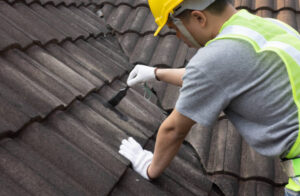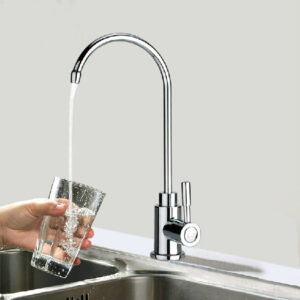Signs Your Hot Water System Needs Repairs: Don’t Ignore These Warning Signals
A functional hot water system is indispensable for daily tasks, from refreshing showers to clean dishes. However, when your hot water system exhibits signs of distress, it’s crucial not to dismiss them. This article explores the red flags that signal your hot water system requires attention and potential repairs.
Understanding Your Hot Water System
Before delving into the warning signs, it’s essential to understand the mechanics of your hot water system. Hot water systems come in various types, including tankless, storage tank, heat pump, and solar-powered systems. Each type comprises fundamental components such as a heating element, thermostat, pressure relief valve, and storage tank.
Signs Your Hot Water System Needs Repairs
Unusual Noises
Unusual noises emanating from your hot water system can be alarming. These sounds often indicate underlying issues that warrant immediate attention:
Banging or rumbling sounds: These noises are typically caused by sediment buildup within the tank or a malfunctioning heating element.
Hissing or popping noises: Such sounds may signify the presence of mineral deposits accumulating within the tank, leading to overheating and the formation of steam bubbles.
Inconsistent Temperature
A reliable hot water supply is characterised by consistent temperature delivery. However, if you experience the following, it’s a clear indication of a problem:
Fluctuating hot water temperature: Fluctuations in temperature may stem from a faulty thermostat or heating element.
Lukewarm water or no hot water at all: If your taps yield tepid water or fail to produce hot water altogether, it could signify issues with the heating mechanism or sediment accumulation.
Leaks or Moisture
The presence of leaks or moisture around your hot water system should never be overlooked. These signs may indicate potential hazards:
Puddles or water around the tank: Visible water accumulation around the tank suggests leaks in the tank itself or its fittings.
Dampness or water stains on walls or floors: Moisture seepage into walls or flooring could indicate leaks in the piping or tank, necessitating immediate attention.
Rusty or Discoloured Water
Discoloration in your hot water supply is a clear indication of internal corrosion or sedimentation:
Brown or rust-coloured water from taps: The presence of discoloured water suggests corrosion within the tank or pipes, compromising water quality.
Metallic taste or odour in hot water: If your hot water exhibits a metallic taste or odour, it’s likely due to corrosion or rusting of internal components, necessitating prompt investigation and repair.
Age of the System
Hot water systems, like any other appliance, have a finite lifespan. Signs of ageing should prompt immediate attention:
Signs of wear and tear on the tank: Cracks, corrosion, or rust spots on the tank’s surface indicate wear and potential failure.
Manufacturer’s recommended lifespan exceeded: If your hot water system has surpassed the manufacturer’s suggested lifespan, it’s more susceptible to malfunctions and requires careful monitoring and maintenance.
Increase in Utility Bills
A sudden spike in your utility bills, particularly those related to water heating, should raise concerns:
Sudden spikes in water heating costs: Abrupt increases in energy bills may indicate reduced efficiency due to underlying issues with your hot water system.
Unexplained increase in energy consumption: If your energy consumption rises without a corresponding increase in usage, it could signal overworking components, leaks, or inefficiencies within the system.
Reduced Water Pressure
Adequate water pressure is essential for efficient hot water delivery. Signs of pressure loss should not be ignored:
Weak flow from hot water taps: If your taps produce weak streams of hot water, it could indicate mineral buildup or a failing pressure relief valve.
Inadequate pressure in the shower or faucets: Reduced water pressure in showers or faucets may point to underlying issues with the water heater or plumbing, requiring immediate attention to prevent further deterioration.
Importance of Timely Repairs
Addressing these warning signs promptly is imperative to prevent further damage and costly replacements. Ignoring issues with your hot water system can lead to extensive damage, increased energy bills, and safety hazards. Timely repairs ensure the continued efficiency and reliability of your hot water supply.
Conclusion
Recognising and addressing warning signals from your hot water system is essential for maintaining comfort and efficiency in your home. By heeding the signs of unusual noises, inconsistent temperature, leaks, discoloured water, system age, increased utility bills, and reduced water pressure, you can prevent potential breakdowns and ensure uninterrupted access to hot water. Remember, when in doubt, don’t hesitate to consult a hot water specialist. Their expertise can help diagnose issues accurately and provide effective solutions to keep your hot water system running smoothly.





